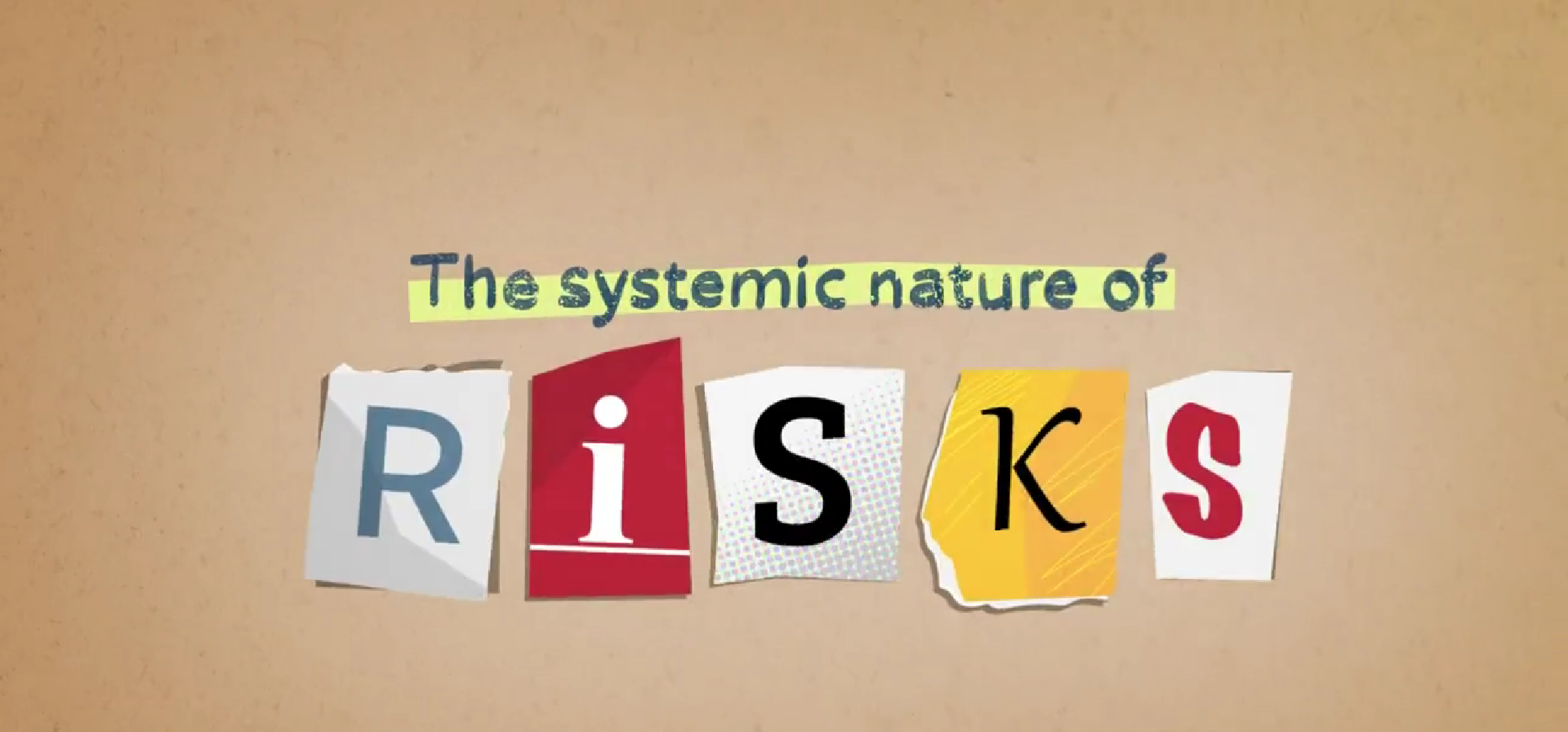
UNU-EHS and UNDRR release new report
The Institute for Environment and Human Security of the United Nations University (UNU-EHS) and the United Nations Office for Disaster Risk Reduction released a new report on the systemic nature of risks revealed by the COVID-19 pandemic. In an increasingly interconnected world, shocks are felt across sectors, borders and scales, revealing the systemic nature of risks. This holds true not only for the ongoing COVID-19 pandemic, but for the effects of climate change, and also from the effects of newly emerging crises, such as the war in Ukraine. It is therefore critical that we analyse these events to derive lessons for risk management, so as to better prepare for future events.
The report presents cross-cutting findings from five case studies in different countries (Ecuador, India, Togo, Bangladesh and Indonesia), touching on different social and environmental issues. Moreover, lessons learned on the prevention and management of risks are highlighted. In all cases, the research revealed clear domino effects that cascaded through communities, sectors and systems, exacerbating pre-existing risks and creating new ones.
The research provided these lessons for all regions:
1. COVID-19 and the measures to combat the pandemic have cascading effects throughout societies
2. COVID-19 reinforces pre-existing vulnerabilities
3. Dependence on global networks has a big impact at the local level
4. Measures to combat the pandemic have disparate effects on women and girls
5. Access to and quality of education was severely affected and the full extent may only become apparent over time
6. Risk communication and coordination have been a significant challenge for authorities, which has resulted in less effective risk management
Learn more about UNU-EHS’s UNDRR’s work here and read the full report here.